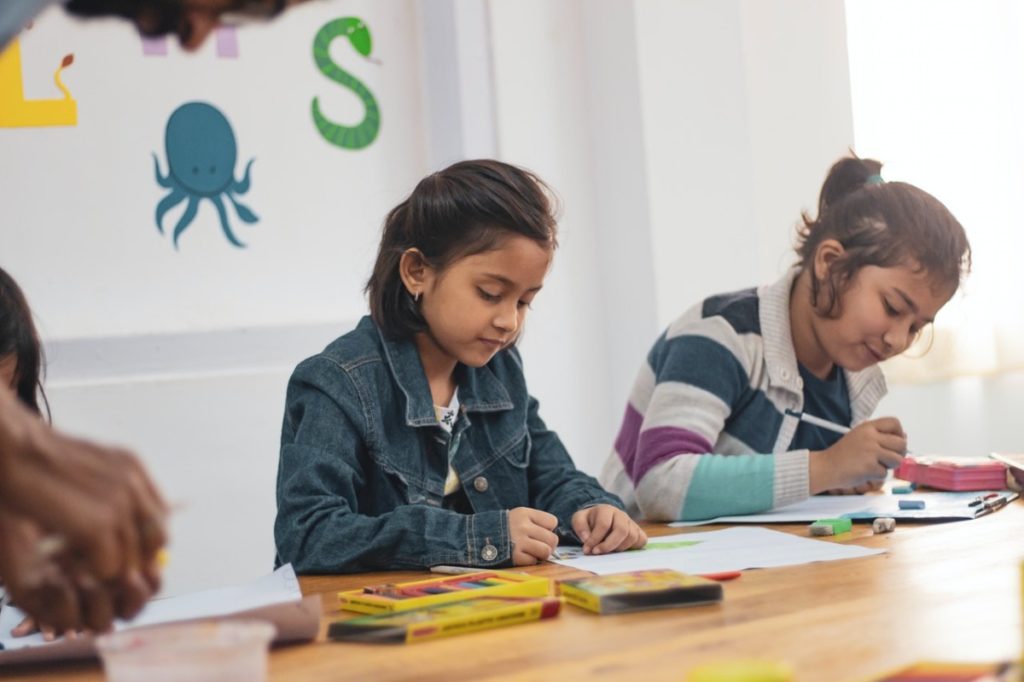We often hear old people complaining about how the “younger generation has it easier.” Whether this is true or not, the fact remains that there are many significant differences between generations. We now live in a more tech-oriented world, with many skills rendered unnecessary due to technology that automates it.
But despite all the technological innovation, home economic skills remain notably significant. It’s now more commonly called “family and consumer science,” but the essence remains clear. Let’s dive deeper into what home economics is and why it holds value even in the second decade of the 21st century.
What Is Home Economics About?
Home economics is often divided into seven categories, as explained below.
Cooking. One of the most important (and popular) aspects of home economics is cooking. Not only will cooking food be studied, but students will also be taught food preservation and safety.
Child-rearing. Learning about how child development and how to properly interact with children at specific stages of this development is taught in home economics.
Education and Community Awareness. Discussions about ethical and moral topics happen in education and community awareness. It’s one of the most interesting aspects of home economics, as it discusses one’s place in a community.
Home Management. This doesn’t only mean learning chores and setting a schedule for them, but it also means learning how to do minor repairs and who to call for major appliance repairs when needed.
Sewing and Textiles. Repairing a tear or patching a hole is a great skill to acquire for anyone, as it helps save money. It can also save you from embarrassment if you unexpectedly rip a piece of clothing outside.
Budget and Economics. Bookkeeping, doing taxes, and budgeting money are crucial skills any child should learn to be prepared in their adult life.
Health and Hygiene. Especially with how the world is today, this learning aspect proves critical for everyone to understand how diseases can be avoided at home through proper and regular cleanliness.

Why Is It Important?
Prepares Kids for the Nitty-gritty of Life
Students often complain that they’re not being taught the practicalities of life. They complain that algebra and physics have very little real-life application. While whether this is actually true or not is arguable, there is a point to be made that kids need to be taught practical lessons. They need to learn skills that they will use and carry in their lives, enriching their day-to-day experience and potentially providing employment opportunities.
Instills the Importance of Finance
How many times have we heard of people not knowing and understanding how to do their taxes and of people struggling to manage their budget? Learning these two skills is crucial in the adult world, where an individual’s financial literacy can either make or break them.
Learning how to handle money and discovering the reality of budgeting and finance at an early age is a great way to prevent teenagers and young adults from making bad financial decisions. It also protects them from financial plans that undercut them, making them more responsible and conscious citizens.
Makes Them Self-sufficient
Woe is the child who doesn’t know any house chores. When they eventually find themselves finding a place for their own, learning how to do house chores effectively and have the energy to do them can be difficult. By teaching home economics through their school years, they’re learning how to be independent and self-sufficient. They’ll be fully equipped to tackle the challenges of adult life, as a large part of it is being responsible for oneself, which includes surviving everyday life by accomplishing tasks at home.
They won’t constantly be asking for help or be rendered helpless by the smallest of troubles. Instead, they’ll be autonomous and independent enough to tackle problems head-on and be equipped enough to succeed at it.
Not Everyone Has the Opportunity to Learn at Home
One of the opposing opinions about teaching Home Economics is that it should be taught at home. These real-life skills and knowledge are supposed to be left to parents, and schools should focus on teaching children more about subjects that they can’t learn from their parents.
However, we should bear in mind that families from less privileged backgrounds might not be able to impart good home economics skills to their children. Because of these instances, we should be pushing for schools to include this subject in their curriculum. Every child should have the opportunity to learn how to fend for themselves once they finish school.

